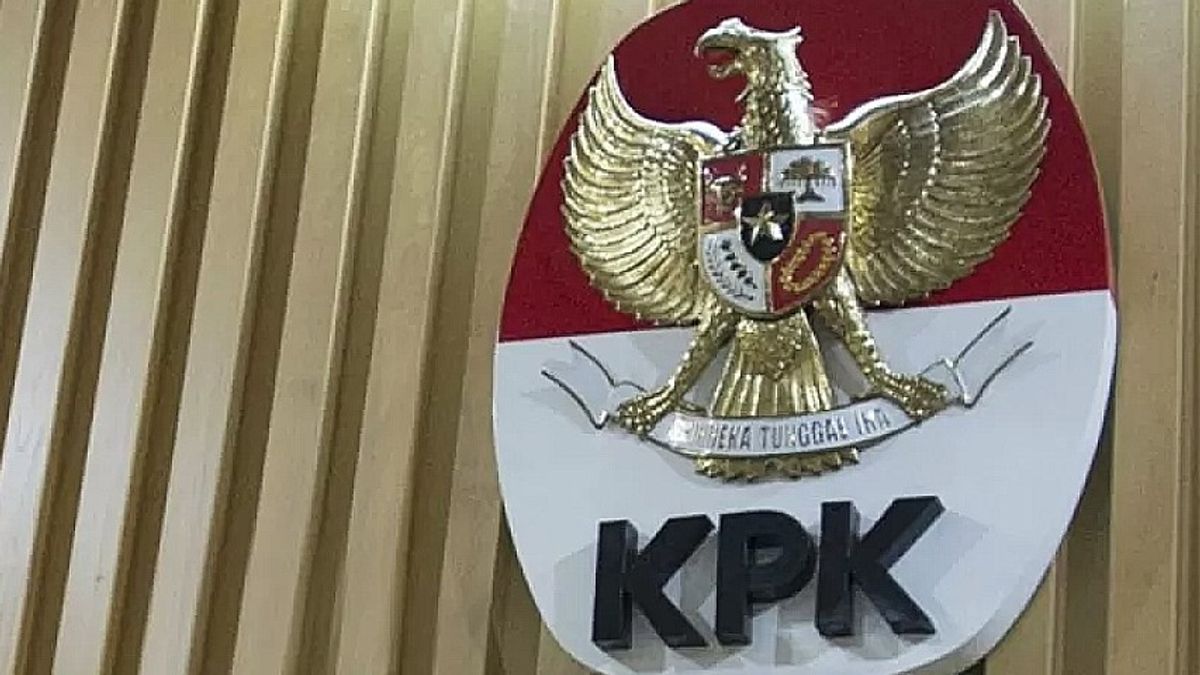JAKARTA - The Indonesian Anti-Corruption Society (MAKI) assesses that the Corruption Eradication Commission (KPK) cannot do much to officials who refuse to report their wealth. The KPK is considered to be able to only give pressure because it is not a regulatory institution.
"Unfortunately, the KPK cannot make binding sanctions regulations," said MAKI Coordinator Boyamin Saiman to VOI, Tuesday, December 13.
Boyamin said, instead of punishing those who are stubborn and hide their wealth, the KPK can only investigate the assets of officials that are unnatural with the article on gratification and money laundering (TPPU). However, this step can only be taken if the official is caught in a corruption case.
Even if it encourages regulations regarding officials who do not report being punished with sanctions, said Boyamin, this could be. However, he doubts that legislators will provide support.
"It can, but whether the DPR wants (to make the law, ed)," he said.
The KPK previously proposed sanctions for officials who did not submit the State Administrators Wealth Report (LHKPN). Internal agencies and institutions in the country should regulate this even though it is not in the laws and regulations.
"Internally it should be used as a kind of standard of behavior, for officials who do not report their LHKPN, don't promote them, don't raise them," said KPK Deputy Chair Alexander Marwata to reporters in Jakarta, Monday, December 12.
"If those who already have positions but do not report even though they are obliged to report, remove their positions even though there is no sanction in the law," he continued.
Alexander said the asset report to the KPK must be understood as a form of control. Moreover, in that report, officials will usually convey all their assets.
Later, it can be compared to salaries to allowances and pensions obtained by these officials. In addition, Alexander said his agency often uses the data to map the risks of corruption in various agencies and institutions.
"We can map out which agencies are more vulnerable. Law enforcement officers, Directorate General of Taxes, Directorate General of Customs and Excise, then BPN (National Land Agency), are prone to extortion and so on," he said.
For information, the KPK noted that the number of officials who reported their assets until November 2022 reached 98.10. In that period, there were 375,878 reports of the total 383,147 officials required to report.
The agencies whose officials are most obedient to reporting are BUMN or BUMD with a value of 97.04 percent; judicial institutions with a value of 96.53 percent; and executive institutions as much as 93.76 percent.
While the lowest is the legislative body. The number of officials who comply with reporting their wealth is only 89.83 percent.
The English, Chinese, Japanese, Arabic, and French versions are automatically generated by the AI. So there may still be inaccuracies in translating, please always see Indonesian as our main language. (system supported by DigitalSiber.id)









